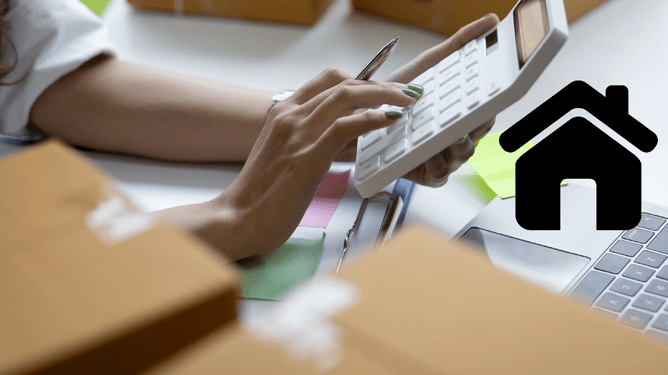Property investing has been the 'investment class' of choice in New Zealand for the last three or so decades where many kiwis have gained substantial wealth through capital gains.
However, what people don’t talk about enough is the ongoing costs of owning an investment property. These costs need to be carefully considered as the rental income may not cover all these expenses and therefore you will need to fork-out the shortfall from your pocket.
Here's a breakdown of the main expenses you could incur:
Mortgage Repayments: Regular payments based on your loan amount, interest rate, and loan term.
Home Insurance: Building and landlord insurance - depending on city and house size - you are looking at $135 - $200 per month.
Council Rates: Local council rates for services like water, sewage, and waste collection (varies by region, typically $2,000 - $4,000 annually).
Body Corp fees (depending on property type): For apartments or units in managed complexes. Can cost between $2,000 - $5,000 per annum (can include home insurance in some cases).
Property Management Fees: Appoximately 6% - 8% of weekly rental income.
Accounting Fees: For proving specialised rental property tax advice, managing rental income and expenses, and preparing tax returns. You are looking at $800 - $1,500 per annum. Please note that you get what you pay for, therefore don't shop for the cheapest accountant.
Tax: If you are making a profit (i.e. rental income is greater than the costs) - you may have to pay tax. Your accountant will advise you regarding this (see above).
Maintenance and Repairs: Regular upkeep and unexpected repairs. The costs vary depending on property condition, tenant quality, area etc. New builds tend to have lower maintenance costs.
Vacancy Periods: Times when the property is not rented out, leading to loss of rental income.
Regulatory costs as Health and Safety and Healthy Homes Standards: Costs associated with meeting these standards (insulation, heating, ventilation, moisture, and draught stopping). Ensuring the property meets local health and safety regulations.
Ultimately, you will need to decide how feasible it is to own an investment property and whether you can weather costs long enough for the capital gains to be worth it. Furthermore, you will need to ascertain whether the property has the ability to gain substantial capital gains over the long-term.
If you are unsure about the feasibility to own an investment property, consult a mortgage adviser (aka mortgage broker) or property expert to get a clearer picture tailored to your needs/ specific situation.
Disclaimer
The contents of this article is for information-only and may express the opinion of the writer. This article is not be taken as personalised financial advice, as everyone’s situation is different. Please always seek advice from a financial adviser before making any decisions with your personal and/or business finances.


